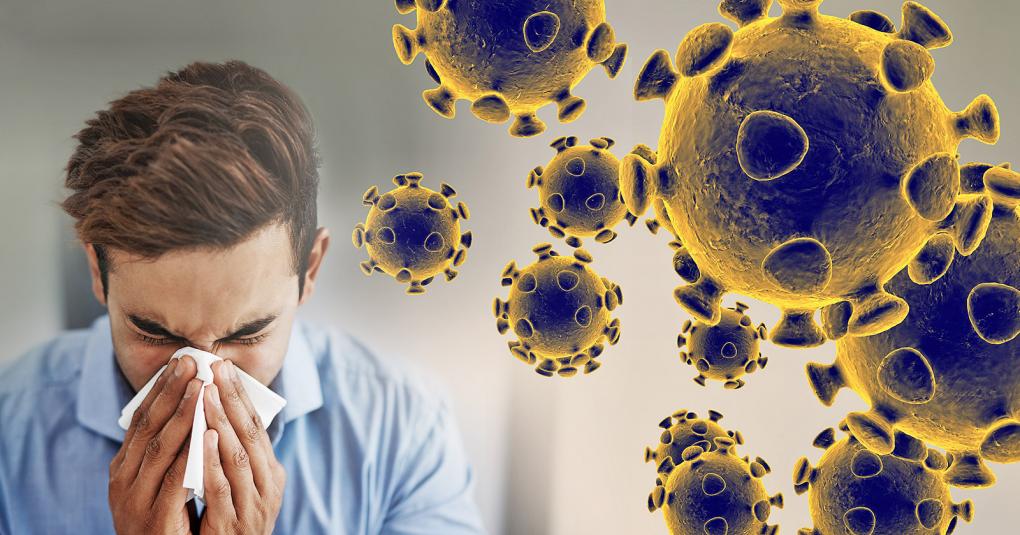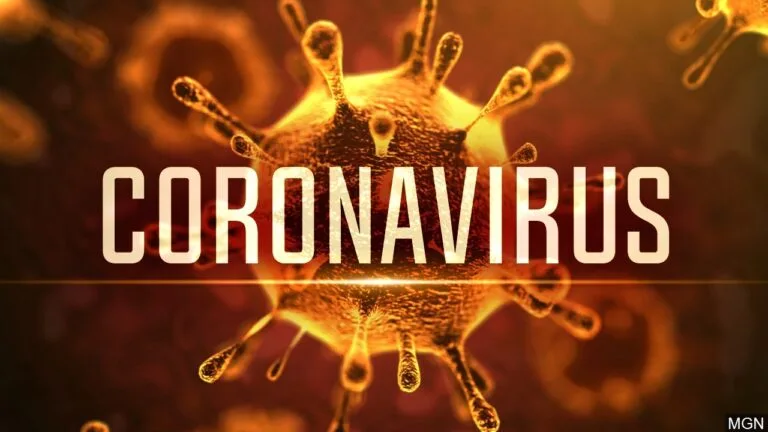News about the coronavirus flare-up that was first identified in China has been changing rapidly.
The virus, closely linked to respiratory infections like the common cold, severe acute respiratory syndrome (SARS), and Middle Eastern respiratory syndrome (MERS), has been spreading around China and cases have been reported in many different countries, including the United States.
According to the European Center for Disease Prevention and Control, the number of coronavirus cases has passed 20,000 worldwide, the majority of them in China and more than 400 people have died.
How does the virus spread?

It is unclear exactly how the virus is spreading or how contagious it is, but it’s likely that it spreads through close contact with an infected person, particularly when he/she sneezes.
What are the signs and symptoms?
The symptoms may appear two to fourteen days after exposure to the virus. People infected tend to have a high fever, cough, and difficulty in breathing.
The virus can be more severe for some people and cause pneumonia. Older people and people with conditions like diabetes are more likely to become infected.
Debunking the myths surrounding the new Coronavirus
Myth #1: It is not safe to receive a package or letter from China
Fact: Research shows that viruses cannot survive long on objects like packages or letters. So, if you’re receiving a package from China, there’s nothing to worry about.
Myth#2: Vaccines against pneumonia can save you from the virus
Fact: Vaccines against pneumonia cannot provide protection against the new coronavirus. Scientists are trying to develop a vaccine for it.
Myth#3: Regularly rinsing your nose with saline and gargling mouthwash can protect you from infection
Fact: At present, there is no evidence that saline sprays and mouthwashes can protect you against the new coronavirus.
Myth#4: Putting on sesame oil can block the virus from entering your body
Fact: There is no evidence that putting sesame oil on your body can block the virus from entering the body. Disinfectants containing chlorine, ether solvents, ethanol, and chloroform can kill the new coronavirus on surfaces but the chemicals will be dangerous for your skin.
Myth#5: Only elderly people are at risk
Although elderly people and those with pre-existing respiratory illnesses are more vulnerable to becoming ill with the new coronavirus, it can affect people of all ages.
What you can do to protect yourself from the deadly virus?
Right now, there aren’t any vaccines to prevent the new coronavirus but you can reduce your risk of getting infected by:
- Washing your hands more often with soap and water or use an alcohol-based sanitizer containing 60 percent alcohol
- Not touching your face with unwashed hands
- Avoiding close contact with infected people
- Drinking plenty of fluids
- Cleaning surfaces that are touched frequently
- Wearing a surgical mask that properly fits around your nose and mouth
- If you have a fever and trouble breathing, consult a doctor as soon as possible
Will quarantine work?
As coronavirus fears intensify, any US citizens who have been in China in the past weeks are subjected to a 14-day-quarantine. Quarantines can be beneficial in protecting people from infected patients.
If you feel any kind of health issue during the coronavirus please immediately contact your nearest primary care physician for a complete physical examination and preventative care services.
– Disclaimer –
This blog is for informational & educational purposes only, and does not intend to substitute any professional medical advice or consultation. For any health related concerns, please consult with your physician, or call 911.
-
About The Author
Dr. Syra Hanif M.D.Board Certified Primary Care Physician
Dr. Syra Hanif is a board-certified Primary Care Physician (PCP) dedicated to providing compassionate, patient-centered healthcare.
Read More







